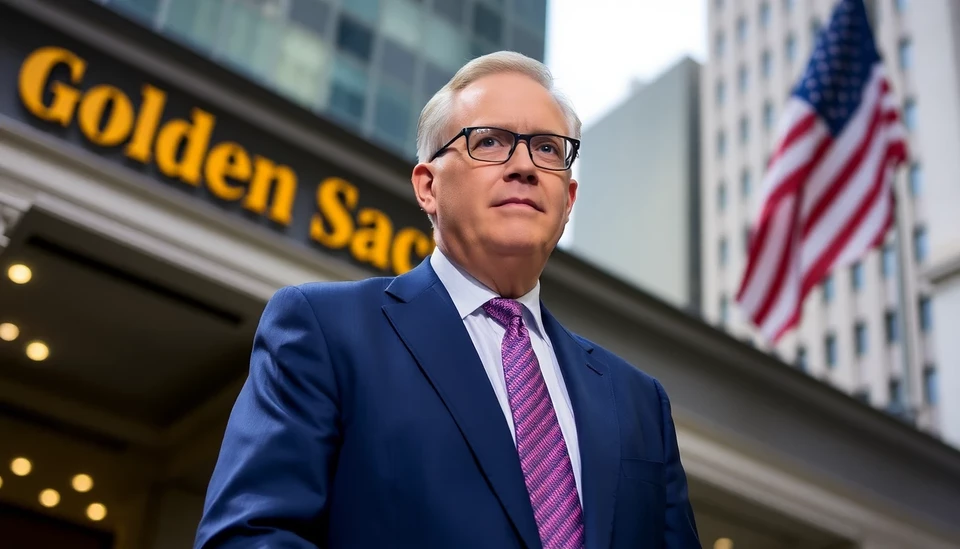
In a surprising turn of events, former President Donald Trump has managed to cultivate significant support among young voters, particularly through a concentrated emphasis on economic concerns. As the landscape of the 2024 presidential election begins to take shape, Trump's campaign has strategically pivoted towards addressing the financial struggles faced by millennials and Generation Z. This shift has provoked curiosity and commentary from political pundits and analysts alike, as it marks a notable change in Trump's usual target demographic.
Historically, Trump’s appeal has skewed toward older voters, but recent surveys indicate a growing proportion of younger individuals expressing support for him. This shift can be attributed to his approach in tackling urgent issues such as inflation, student debt, and the high cost of living. Young voters, who often feel economically marginalized, are responding positively to Trump's proposals and rhetoric that center around tangible financial relief.
Among the various strategies employed by the Trump campaign, the messaging surrounding economic recovery and the promise of job creation stands out. Instead of focusing solely on divisive social issues, Trump's recent speeches and promotional materials have placed a pronounced emphasis on fiscal responsibility and opportunities for upward mobility, which resonate with younger audiences concerned about their financial futures.
As the campaign rolls forward, the former president has been actively engaging with local communities, hosting town halls, and utilizing social media platforms to reach younger voters directly. His initiatives include proposals aimed at reducing taxes and cutting regulations that traditionally hamper small business growth. These economic policies are particularly attractive to young entrepreneurs eager to break into a competitive market.
The resonation of Trump’s anti-establishment sentiment also plays a critical role in his appeal. Many young voters express disillusionment with traditional political figures and are drawn to what they perceive as Trump's outsider status and willingness to challenge the status quo. This, combined with a shared frustration over economic hurdles such as the soaring costs of education and housing, allows Trump to position himself as a viable alternative to mainstream candidates.
However, experts warn that while initial signs of support are encouraging for the Trump campaign, sustaining this momentum will require a consistent and authentic engagement with young voters. It remains to be seen how effectively his campaign will address their diverse concerns beyond mere economic relief and navigate the multifaceted issues that matter to this demographic.
As the 2024 election approaches, it is clear that Trump's ability to galvanize young voters through a focus on financial stability could reshape the dynamics of the race, making it a pivotal factor that shapes the electoral landscape. The outcome may very well depend on whether the former president can maintain this newfound momentum and offer genuine solutions to the challenges facing the youth of today.
#Trump2024 #YoungVoters #EconomicIssues #Election2024 #PoliticalStrategy
Author: Laura Mitchell




